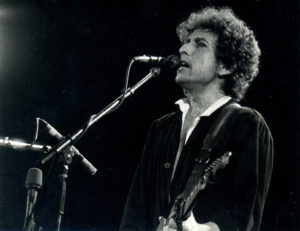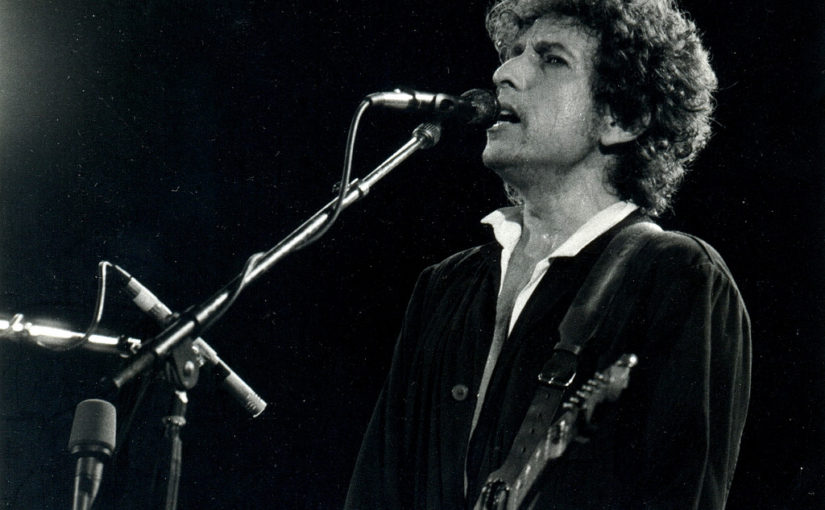
For over five decades, Bob Dylan has defied convention. His music incorporates elements from a variety of genres, resisting classification. His lyrics are vivid, allusive and often obscure. His personality is eccentric. He is known for being reclusive and enigmatic.
Last week, Dylan was awarded the Nobel Prize in Literature. He is the first musician and the first American since novelist Toni Morrison (1993) to win the award. According to the Swedish Academy, Dylan was awarded the prize for “having created new poetic expressions within the great American song tradition.”
The Academy’s decision has been controversial. Some have argued Dylan’s lyrics, considering their poetic depth, should be characterized as literature, while others said the Prize should not be awarded to songwriters but to serious novelists, playwrights and poets. Many prominent writers and public figures have contributed to the debate.
Dylan is no stranger to controversy. At a talent show at Hibbing High School, when he was a student, the principal cut the power before his band’s set was finished. The principal thought Dylan’s music was inappropriate and too noisy. At the 1965 Newport Folk Festival, Dylan and his band left the stage after only three songs. He angered many of his fans by playing experimental blues-rock on an electric guitar instead of playing the acoustic ballads he was known for.
Subsequently, he alienated many of his most loyal fans with albums like “Highway 61 Revisited,” which were stylistically and lyrically disparate from his previous releases. Throughout his long career, he experimented and innovated with varying success, losing old fans and gaining new ones.
Dylan’s tendency to defy expectations and his commitment to creating intense, original work have confused some and impressed and inspired many others.
Whether or not he deserves the highest honor in world literature is indisputable; however, his work had a considerable influence on American culture, an influence that will endure for many decades.
